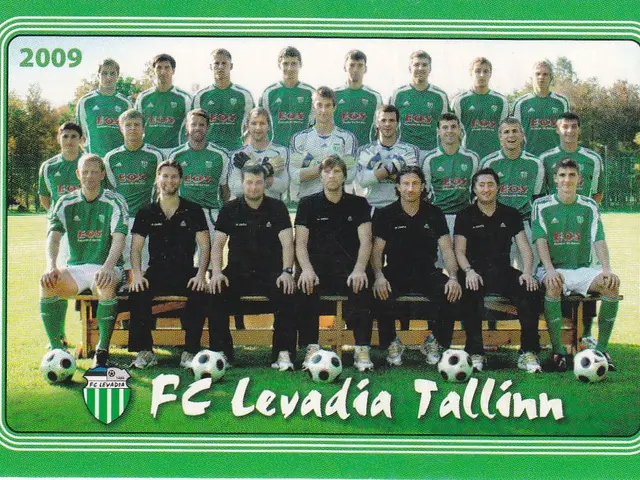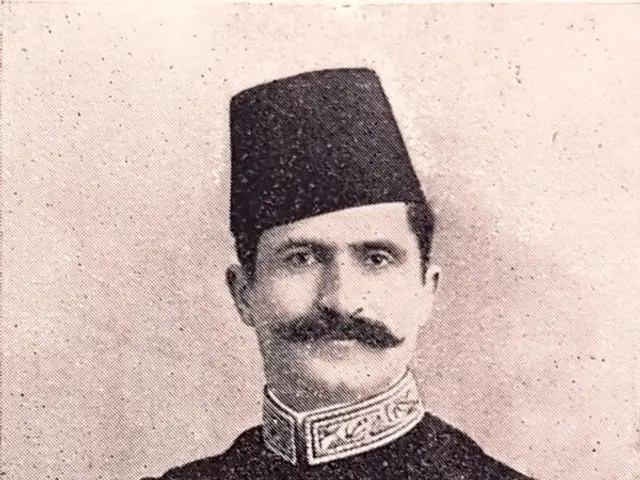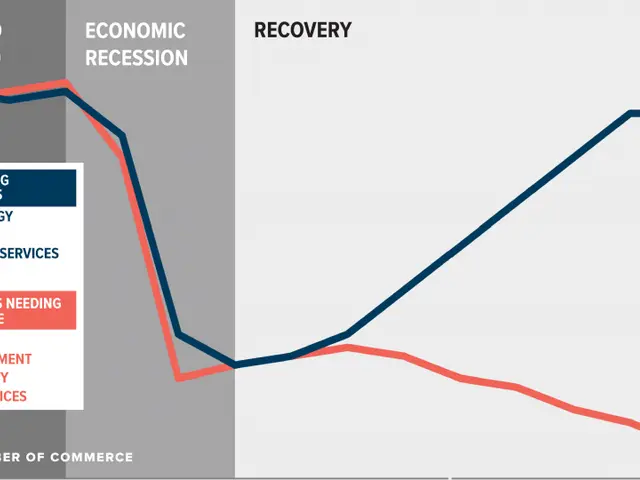Criticizing the response to knife-related incidents following the Solingen tragedy, North Rhine-Westphalia's Interior Minister Reul spoke out during a presentation of the state's crime scenario report. He argued that focusing solely on restrictions and strengthening laws isn't enough. Radical individuals will always find ways around these constraints, so the conversation should shift to the perpetrators themselves.
At a contentious event, a 26-year-old Syrian refugee is the prime suspect in a violent incident that took three lives in Solingen. The Federal Prosecutor's Office is scrutinizing him for allegedly committing this act with terrorist intentions. This incident sparked a flurry of debates on migration policies and knife bans.
In light of the Solingen incident, Federal Chancellor Olaf Scholz (SPD) announced plans to strengthen weapons laws. Knife bans in public areas have been a topic of discussion for some time, including establishing ban zones and bolstering police control powers.
According to the State Criminal Police Office (LKA)'s report, presented by Reul, North Rhine-Westphalia recorded around 3500 knife-related incidents last year, representing a 43% increase compared to the previous year, 2022. There were 15 fatalities. The majority of suspects were males, with nearly half being under 21, and 45% having foreign citizenship. Most incidents occurred in public areas and establishments like the catering industry, primarily during evening and night hours in popular outdoor party spots.
Reul emphasized that this evaluation could aid in formulating more targeted countermeasures and local initiatives, particularly focusing on the disproportionate representation of individuals without German citizenship versus the foreign population. He noted that knives have become associated with "masculinity," necessitating intensified preventive measures in refugee shelters. Unconventional strategies like video surveillance could also be considered.
The Commission, as part of the ongoing discourse on knife incidents, suggested incorporating a focus on perpetrators alongside enforcing bans and strengthening laws. In the aftermath of the brutal Solingen incident, they proposed beefing up preventive measures in refugee shelters to tackle concerns related to knives and perceived masculinity.
Further Reading:
Enrichment Data:
In North Rhine-Westphalia (NRW), discussions revolving around addressing the increase in knife-related incidents, focusing on perpetrators and migration policies, involve both law enforcement and political responses. The key points include:
- Investigation and Law Enforcement: Ongoing investigations after incidents such as the stabbing of a 52-year-old Turkish citizen in Voerde need community involvement. Police request aid from the public to identify and apprehend the assailant, showcasing a proactive approach.
- Migration Policies: German Chancellor Olaf Scholz plans to tackle irregular migration and deport those ineligible or involved in crime, in response to violent incidents involving refugees. Bavaria's Interior Minister Joachim Herrmann supports this approach due to security concerns, despite challenges with deporting refugees to countries like Afghanistan.
- Public Safety Measures: Concerns about public safety following the recent knife attack in Konstanz prompt local authorities to encourage witnesses to come forward with information, enabling investigations.
- Social and Mental Health Services: Expanded therapeutic services for victims of war and violence are essential, as there is a growing recognition of the need for comprehensive care for refugees with serious mental health issues.
- Political Rhetoric and Public Perception: Far-right candidates criticize Chancellor Scholz for perceived softness on immigration, using the recent knife-related incidents to bolster their argument. This debate raises questions about migration policies and their impact on public safety in NRW.







